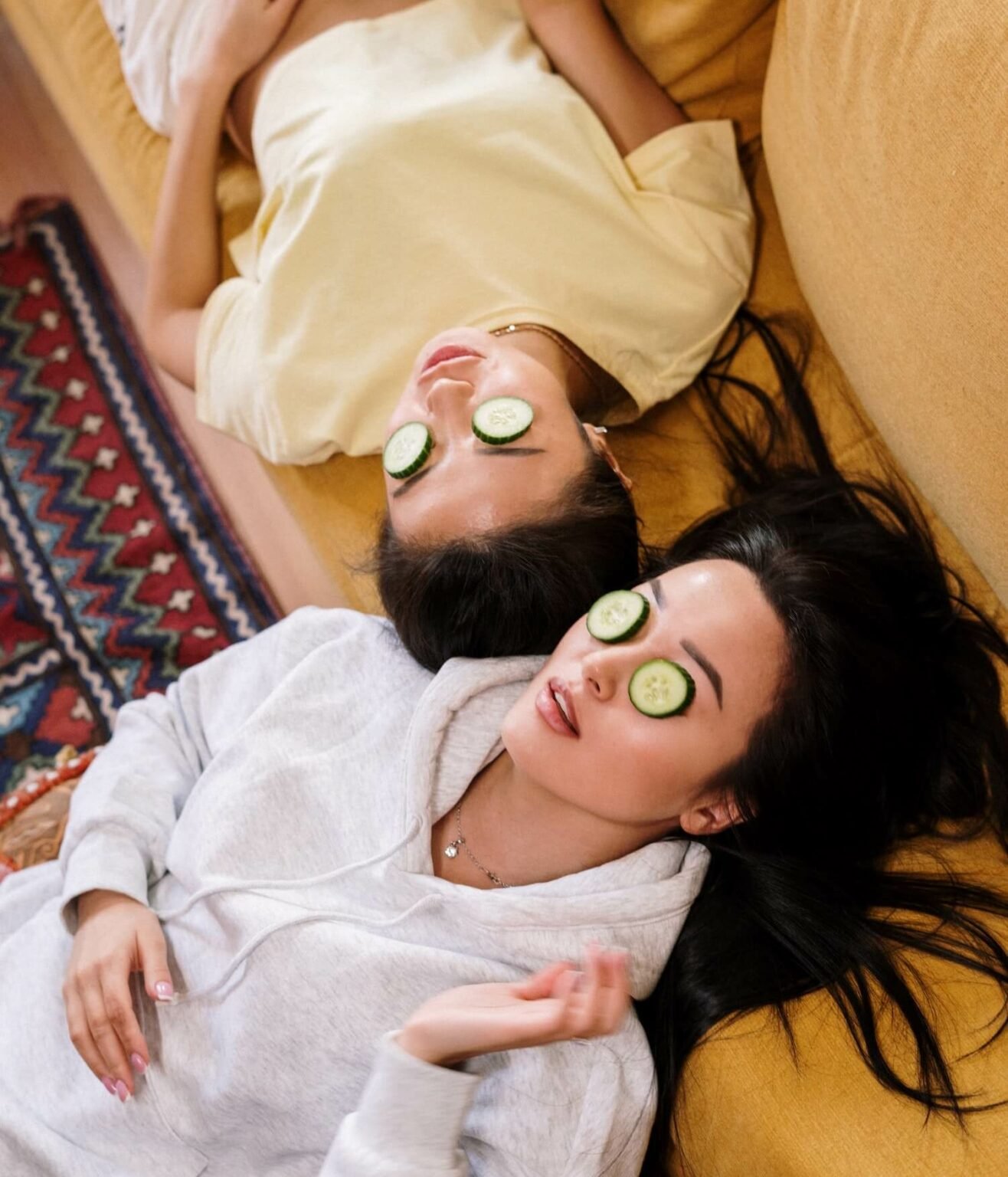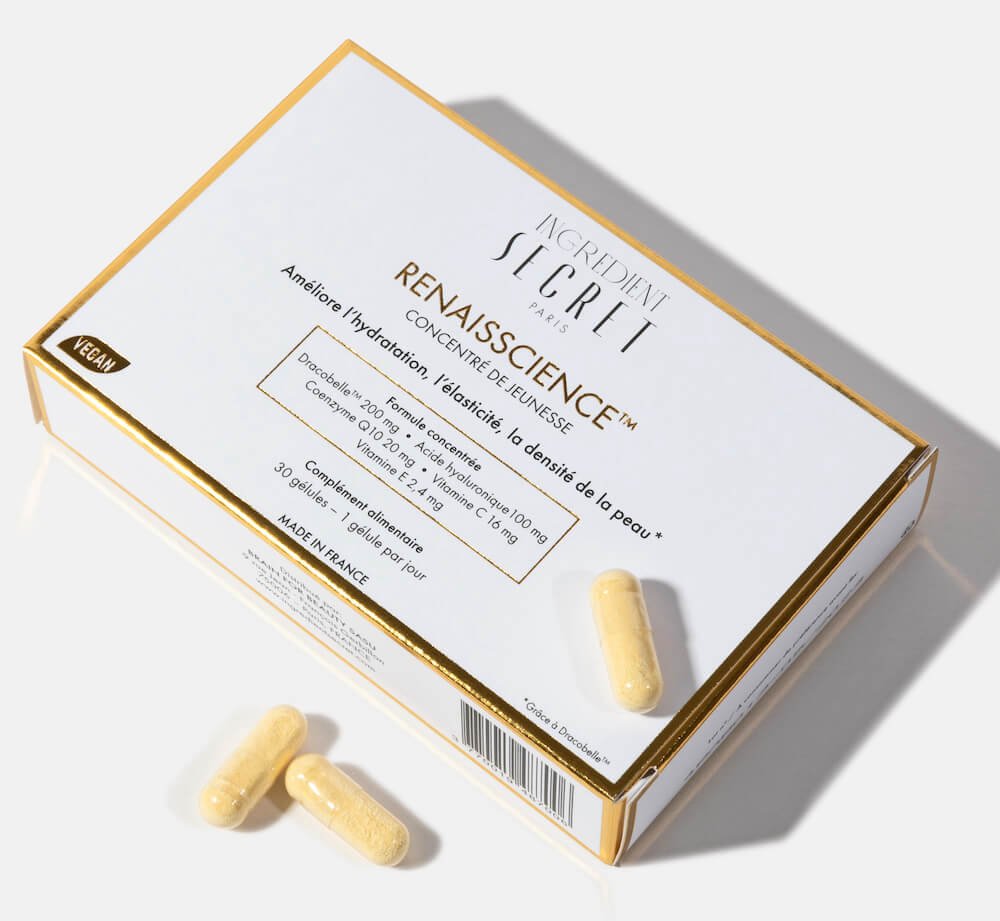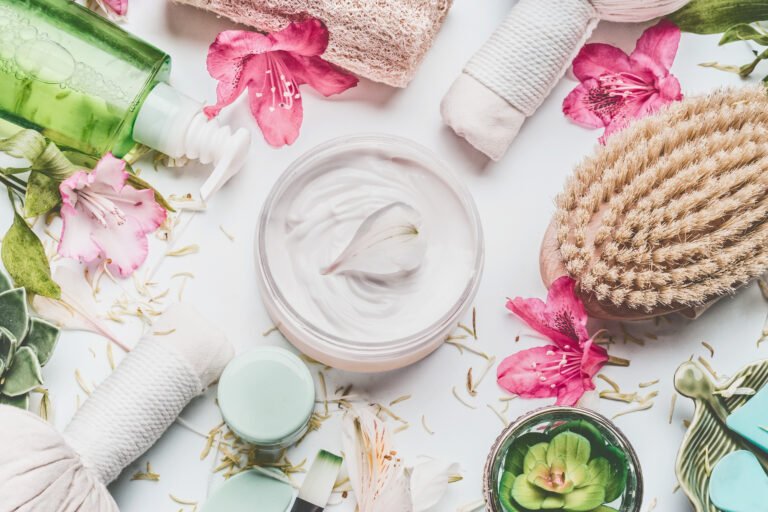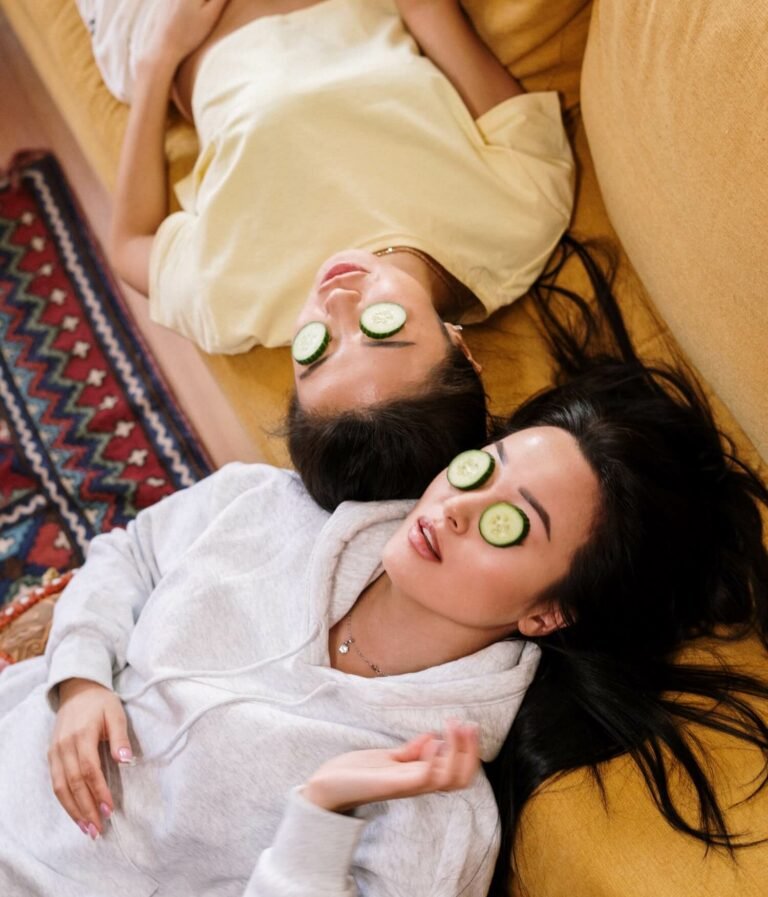10 Habits that Accelerate Skin Aging (and what to Do About It)
- Author: Ingredient Secret
- Publish date:
- Categories: Health, Skin Aging

Table of Contents
It’s no secret that the more bad habits you have, the more quickly you’ll age. But what specific behaviors speed up the aging process?
Smoking, drinking alcohol, and sun exposure all contribute to premature skin aging. Poor diet and lack of exercise also play a role, as does stress. If you’re looking for ways to keep your skin looking young and healthy, avoiding these nine habits is a good place to start.
Lack of sleep
Sleep deprivation can have many negative consequences, not the least of which is a lack of attention and memory. In a study by University Hospitals Case Medical Center, scientists found that sleep quality impacts skin function and aging.
Poor sleep quality was associated with accelerated signs of aging and delayed recovery from environmental stressors, such as skin barrier disruption or UV rays.
This analysis shows that chronic lack of sleep makes you produce more cortisol, which can lead to accelerated aging. Cortisol, the most common stress hormone, destroys collagen, resulting in sagging skin, wrinkles, and inflammation.
Alcohol abuse
A study published in 2019 looked at the impact of alcohol on facial aging in 3,267 women of different racial backgrounds. The study found that heavy alcohol use was associated with increased upper facial lines, under-eye puffiness, oral commissures, midface volume loss, and blood vessels shrinking.
This study provides valuable insights into the potential impacts of alcohol on the appearance of aging skin. As such, moderation is key when it comes to drinking alcohol if you want to maintain a youthful appearance.
Smoking
Smoking causes oxidative damage to the skin’s repair mechanisms and inhibits extracellular matrix turnover, leading to early indications of skin aging.
The American Society of Plastic Surgeons conducted a study on 79 sets of twins. The researchers found that smoking twin siblings had more eyelid skin redundancy, lower lid bags, malar bags, nasolabial folds, upper lip wrinkles, lower lip vermillion wrinkles, and jowls than nonsmoking counterparts.
The lips are the first to intake nicotine and harmful tar, they are also the first to show symptoms of deterioration. As a result, blood flow is restricted and oxygen and nutrition aren’t delivered adequately to the lips.
Not using sun protection
Sun exposure without protection can damage your skin in multiple ways. The UVB rays can cause burns, while the UVA rays penetrate deeper and damage the elastic fibers and collagen. This damage can lead to premature aging, wrinkles, and even skin cancer.
Although wearing sunscreen can help to protect your skin from the sun’s harmful rays, not all sunscreens are created equal. To be effective, a sunscreen must have an SPF of at least 15. According to the American Cancer Society, 93% of UVB rays are filtered out by SPF 15 sunscreens, 97% by SPF 30, 98% by SPF 50, and 99% by SPF 100.
To help protect your skin from damage, be sure to use a spray or cream with SPF every day, even when it’s cloudy. This simple step can help keep your skin looking young and healthy for years to come.
Not wearing sunglasses
Wearing sunglasses is one of the best ways to protect your eyes from the harmful effects of sunlight. The lenses block UV radiation, damaging the delicate skin around the eyes and causing wrinkles.
Additionally, the glasses minimize strain on the eyes by restricting the amount of bright light that arrives on the skin. Wearing sunglasses helps to prevent early wrinkles and makes the eyes relax.
The best pair of sunglasses should be comfortable in terms of size as well as shape and should include a UV filter. Therefore, wearing sunglasses regularly is an effective way to keep your eyes and skin healthy.
Sleeping with makeup
Sleeping with makeup on is not a good idea. When we sleep, our skin regenerates and becomes rejuvenated. But makeup on our skin can clog our pores and stop the regeneration process. The most dangerous are foundations and heavy, oil-based primers.
Eye makeup does not affect wrinkle formation but may irritate mucous membranes. If you do not want or can’t wash your face, clean your face with cotton pads with micellar water.
Poor oral care
Poor oral hygiene can lead to several serious problems for your skin. Infections that develop in your mouth can then spread into the bloodstream and to other parts of the body.
In particular, acne sufferers may notice that their condition worsens with gum disease. This is because the bacteria that cause gum disease can also infect the skin, leading to breakouts.
By maintaining good oral hygiene, you can help to prevent these problems from developing.
Cocktail straws
Plastic cocktail straws are not as unthreatening as they appear. It’s no surprise that a lot of large coffee shops refuse to use them. Plastic “straws” aren’t only environmentally damaging, but contribute to around-the-mouth wrinkle formation.
Drinks with a straw produce constant tension and clench abnormally when our lips are exposed to them. Collagen fibers break down as a result of this muscular activity. Fine lines and wrinkles develop as a consequence of this activity. For the same reason, chewing gum is not recommended: it requires a lot of muscle activity in the cheeks.
Consuming too much sugar
Refined sugar can have detrimental effects on your health, particularly your skin. According to this study, sugars prevent collagen fibers from easy repairing, which is critical for maintaining skin firmness.
The most consumed form of sugar (glucose and fructose) interacts with the protein in the skin, resulting in the formation of advanced glycation end-products (AGES). AGES cause wrinkles and cell structures to harden. This process is accelerated by ultraviolet light. The result is drier, duller, flabby skin vulnerable to the sun.
It is important to eat healthy to have healthy skin. This means eating fruits and vegetables and high-quality protein products and reducing the amount of sugar you eat. Collagen is found in beef, chicken, fish, and eggs.
Augment your diet with an anti-aging supplement
Our anti-wrinkle and skin firming supplement contains a patented biotechnological ingredient that helps improve your skin elasticity, hydration, and density.
The anti-aging effect of our skin supplement is also due to its high hyaluronic acid content and a complete antioxidant complex combining coenzyme Q10, vitamin C, and vitamin E.
Deeply hydrated and protected from oxidative stress caused by environmental factors (cold, pollution, alcohol, tobacco, etc.), the skin breathes, comes back to life, and regenerates from the inside.
Not using a moisturizer
While moisturizers have long been touted as an effective way to keep skin looking young and healthy, recent research has suggested that they may be capable of influencing skin aging.
A study published by the British Association of Dermatologists showed that those who irregularly looked 1-9 years older than those who moisturized regularly all their life.
Participants who used a moisturizer twice daily for four weeks had significantly healthier looking skin than those who did not use a moisturizer. The study also found that the moisturizer group had a reduction in inflammation markers and an increase in collagen production.
These findings suggest that regular skin moisturization can help slow the aging process.
Use a moisturizer with hyaluronic acid
Hyaluronic acid is a primary ingredient in many mainstream anti-aging products. The reason manufacturers include hyaluronic acid in their products is that when you apply it to your face, it can help your skin replenish lost moisture. It also helps skin cells retain moisture.
Our anti-aging cream with hyaluronic acid stimulates the cell regeneration process and the production of collagen. This will make your skin visibly firmer, plumped, hydrated, and radiant. Try our hyaluronic cream today and see the results for yourself.




